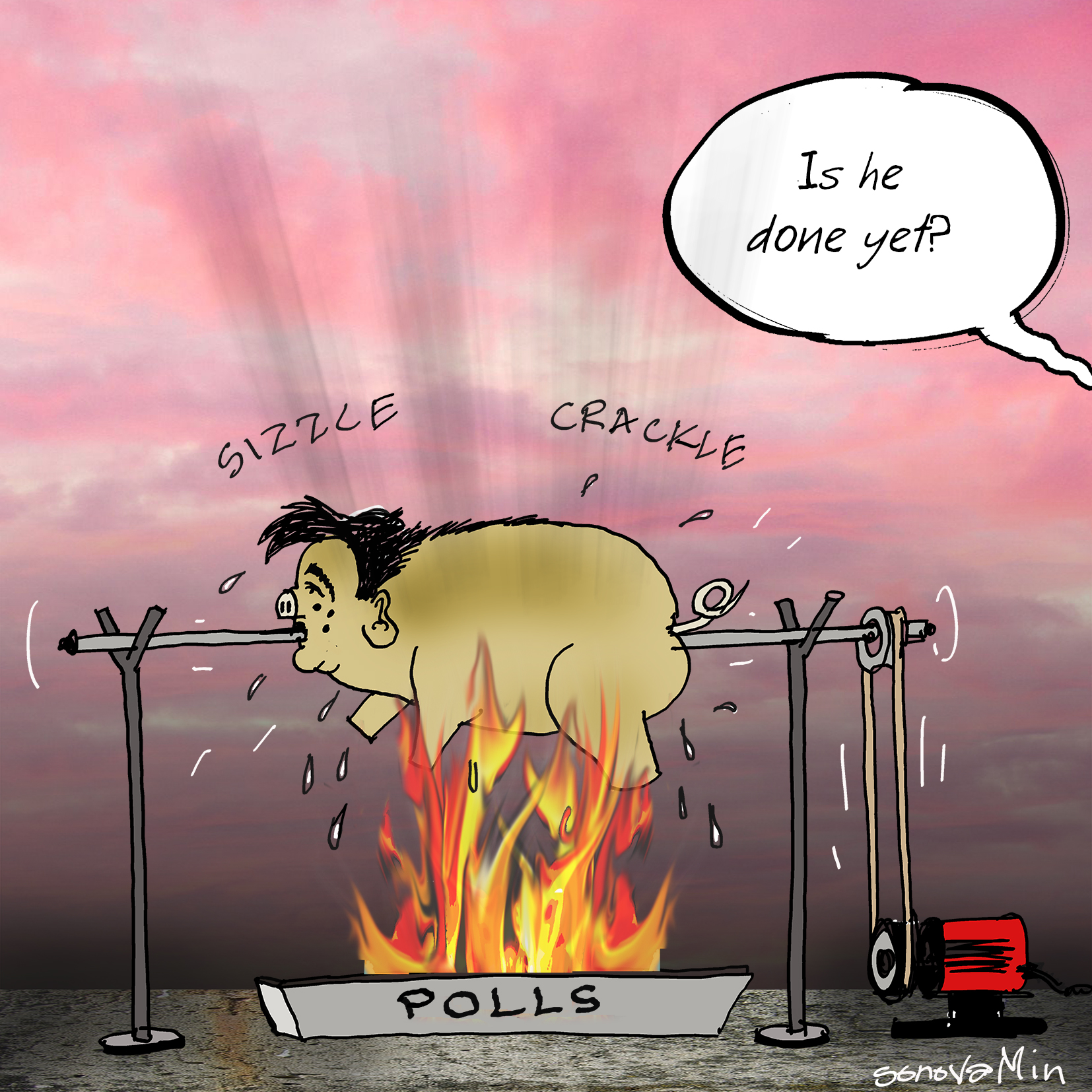An article on Stuff asks the question, “Do you need to be popular to win an election?” What then follows is political commentary trying to make a case for why National should hold on to an unpopular leader. I cannot help but surmise that they want National to keep him in order to assure Labour’s victory next election.
Their alternative facts in support of their case for keeping Mr Unpopular are sketchy.
Simon Bridges is polling in the low single digits in the preferred Prime Minister stakes. […] But that doesn’t necessarily mean it’s curtains for the MP for Tauranga. Depending on which poll you believe, National’s preferred party numbers are still right up there – around 44 per cent, more than Labour.
Espiner says National could win with a leader who’s polling so low – and the numbers don’t matter that much. The famous example is Jim Bolger – never that popular, but he won three elections, in spite of being out-polled at times by Winston Peters, then a junior minister.
[…] The exception is when the tide is going out on a government and there’s a popular opposition leader – John Key for example, and then Jacinda Ardern.
“It’s an ugly number for Simon Bridges to be between four and five per cent, but it’s not fatal for him,” he says.
Using Bolger as evidence is a dopey example as he only ever faced one election under MMP, which he very nearly lost. Here are the facts that matter:
- Clark was more popular than Shipley and won
- English was less popular than Clark and lost
- Brash was less popular than Clark and lost
- Key was more popular than Clark and won
- Goff, Shearer and Little were less popular than Key and lost
- Jacinda was more popular than English and won
The popularity of the leader is very important and no matter how the RNZ political editor spins it Simon Bridges is not going to lead the National party to victory against a leader so much more popular than him.
RNZ’s political editor Jane Patterson says Bridges was elected amongst an acknowledgement really from his caucus that times are changing, and there are big issues including the likes of climate change and inequality in the housing market that a younger face would better represent.
Stuff
“He did come with a history of being a very senior cabinet minister in the English and Key administrations, so he had that credibility of having been in the executive and seeing how things were run,” she says.
Bridges is no Ardern – but does he need to be?
Patterson says that’s an issue strategists are bending their heads around.
[…] Those strategists are starting to say people aren’t warming to Bridges, even though he’s very hard working.
“It comes back to that matter of personality and credibility, and when people look at him it’s always about, ‘can we see a future Prime Minister?'”
She says the public can, however, change their mind about someone – look at Helen Clark’s makeover.
“A lot of that comes too with the mana of the job,” she says.
“Once people see you as Prime Minister they see you glad-handling, they see you making big announcements, they see you steering the ship. Often that will shift people’s views and say ‘actually, they’re doing a pretty good job’.”
Yeah, there is one slight problem with that point. He has to win the election in order to gain the “Mana” of being the prime minister and with his low popularity, he is highly unlikely to ever achieve that.

